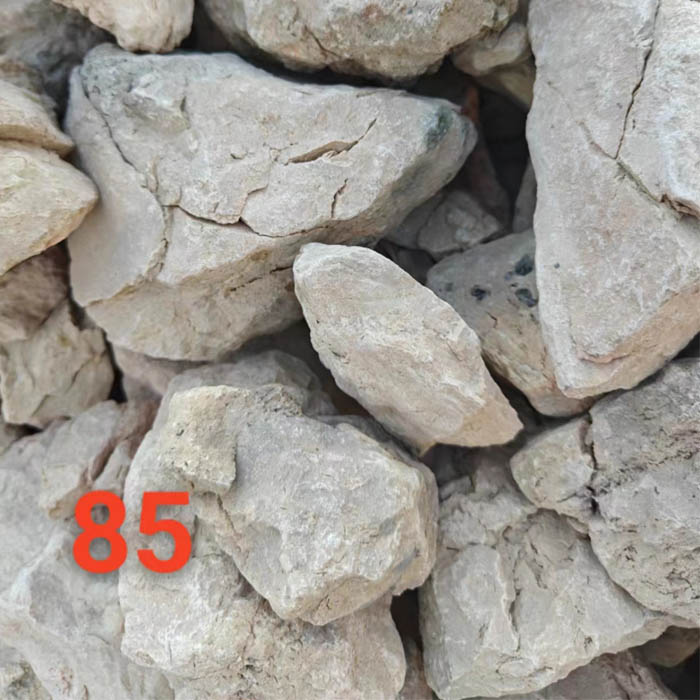Ira . 28, 2024 13:49 Back to list
Rubber Manufacturers Specializing in Thermal Insulating Materials for Enhanced Energy Efficiency
The Role of Rubber Manufacturers in Thermal Insulating Materials
Thermal insulation is a critical component in various industries, ranging from construction to automotive, and even in the manufacturing of appliances. One of the most significant materials used in this field is rubber. Rubber manufacturers play a crucial role in providing high-quality thermal insulating materials that meet the diverse needs of consumers. This article explores the properties of rubber as a thermal insulator, the manufacturing processes involved, and the applications of these materials in different sectors.
Why Rubber?
Rubber is well-known for its excellent thermal insulating properties. It has a low thermal conductivity, which makes it an effective barrier against heat transfer. This makes rubber ideal for use in applications where temperature control is essential. For instance, in the refrigeration and air conditioning industries, rubber materials can be used to insulate pipes and equipment, ensuring that energy is not lost to the environment. The flexibility and resilience of rubber allow it to form tight seals, which is vital in maintaining the efficiency of thermal systems.
Types of Rubber Used in Insulation
There are various types of rubber used in the production of thermal insulating materials. The most common include natural rubber, neoprene, and ethylene-vinyl acetate (EVA).
1. Natural Rubber Known for its elasticity and tensile strength, natural rubber is often used for insulation in various applications, including HVAC systems. 2. Neoprene This synthetic rubber is resistant to oil and heat, making it suitable for use in environments where chemicals are present. Neoprene’s stability at different temperatures further enhances its insulating capabilities.
3. Ethylene-Vinyl Acetate (EVA) EVA foam is lightweight, flexible, and resistant to UV radiation, making it an excellent choice for outdoor applications and in environments exposed to harsh weather conditions.
The Manufacturing Process
The manufacturing of thermal insulating rubber materials involves several steps, including compounding, molding, and curing.
1. Compounding In this stage, raw rubber is mixed with various additives to enhance its thermal insulating properties. Fillers, accelerators, and stabilizers are added to the rubber matrix to improve its performance and durability.
thermal insulating materials rubber manufacturer

2. Molding The compounded rubber is then shaped into the desired form. This could involve processes such as extrusion, where rubber is forced through a mold to create sheets or tubes, or compression molding, which is used to produce specific shapes and sizes.
3. Curing The final stage involves curing, where the rubber is heated in the presence of a curing agent to achieve the desired hardness and elasticity. This step is crucial for ensuring that the rubber retains its insulating properties over time.
Applications of Rubber Insulating Materials
Rubber thermal insulating materials have a wide range of applications across various industries
- Construction In buildings, rubber insulation can be used in walls, roofs, and piping to enhance energy efficiency and reduce heating and cooling costs.
- Automotive In the automotive sector, rubber insulators help reduce heat transfer between components, improving the overall efficiency of vehicles.
- Electronics Rubber is also used in electronic devices to insulate wiring and components, protecting them from heat damage and ensuring their longevity.
- Food and Beverage In the food industry, rubber insulation is crucial for maintaining temperature-sensitive environments, such as refrigeration units and storage facilities.
Conclusion
The role of rubber manufacturers in producing thermal insulating materials is indispensable. With the ever-increasing demand for energy-efficient solutions across industries, the significance of high-quality rubber insulation will continue to grow. As technology advances and new materials are developed, rubber remains a staple due to its reliability, versatility, and effective insulation properties. By investing in high-quality rubber insulating materials, industries can not only enhance their operational efficiency but also contribute to sustainability efforts by reducing energy consumption.
-
High-Quality Fe-C Alloy Leading Manufacturers & Spherical Alloy Materials Supplier
NewsJun.10,2025
-
Premium Low Nitrogen Recarburiser Supplier & Manufacturer – High Quality Exporters
NewsJun.10,2025
-
DT4 High-Quality Magnetic Materials Leading DT4 Manufacturer & Supplier
NewsJun.10,2025
-
High-Performance Spring Steel Suppliers Custom Solutions
NewsJun.10,2025
-
Premium SWRCH6A Manufacturer Steel Wire Supplier & Factory
NewsJun.10,2025
-
Premium Mild Steel Wire Rod Supplier & Manufacturer
NewsJun.10,2025
